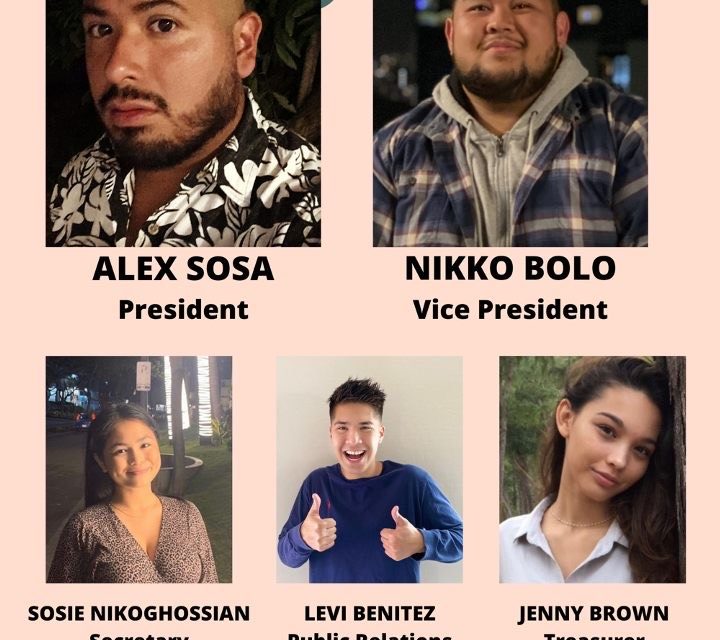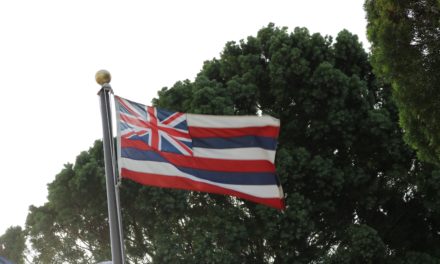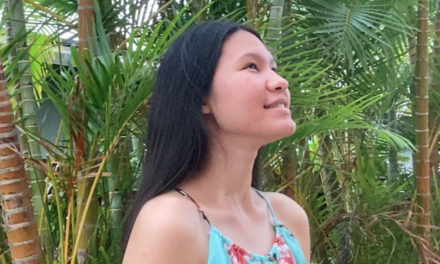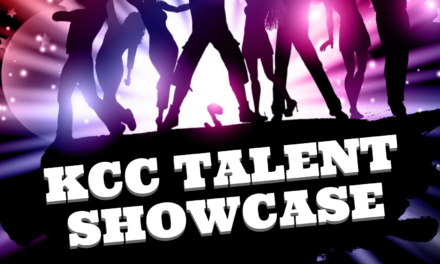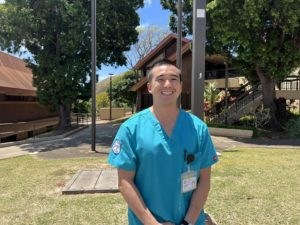By Kiana Dulan | Staff Writer
With the current climate of elections and the world itself, students may feel hopeless in the uncertainty of our future. However, KapCC’s Chartered Student Organizations provide paid leadership positions for students to make an impact within their local community college.
The Chartered Student Organizations (CSOs) were established to provide students with the necessary resources and a successful student life. Currently, these organizations have filled most of their positions, however, all Board of Publications (BOSP) student leadership positions are still available such as the chair, vice chair, secretary, and voting member.
Cheri Souza, BOSP’s faculty advisor, said the organization is looking for people who are interested in learning about student leadership, who are driven, who want to give back to KapCC, and who want to learn more about how student organizations work. Other desirable qualities are the ability to work independently and a want to learn more about themselves.
Souza said that no publication experience is required. Within this leadership capacity, students will gain transferable skills for the classroom and workplace such as time-management, communication, event-planning, and budgeting.
In addition to general leadership skills, students are also able to work one-on-one with Souza to set personal goals. She’s worked with students to improve their presentation, event planning, and various personal skills that students want to improve.
BOSP’s responsibilities are to oversee and coordinate student-oriented publications at KapCC such as the Kapiʻo News, the Leʻahi Journal of Creative Arts, Ka Hue Ahahā Journal of Academic & Research Writing, and Pueo ʻo Kū featuring STEM research writing.
Souza said she will be setting up an interest workshop where she covers the BOSP mission, available positions, and application process. If students are interested in applying, they can email cyhonda@hawaii.edu or kccbosp@hawaii.edu.
When applying, students will meet with the board, present what they know about the board, why they’re interested, and what skills they will bring to the board. Students will then be voted in by the existing board, which currently comprises of Porscha dela Fuente and David Cabatu who are instructors in language, literature, and linguistics as well as Alfie Gonzales, who is the Kuilei Outreach Program counselor.
“Across the CSOs, we do trainings with our CSO groups and we also do trainings on the state-wide level,” Souza said. “So right now, we are planning an ‘Advocate and Activate’ workshop. As student leaders, people turn to them for all different types of questions around the campus. If they know you’re a student leader, you might get questions that are outside your purview. I’ve had students ask my [BOSP] students, ‘Do we have a mental health counselor?’ so we train them about general things on campus, but we also teach them how to be an advocate and teach them about student leadership.”
Concerning the other CSOs, Student Congress Faculty Advisor Shannon Sakaue said that this organization has had difficulties in filling its executive board in the past. However, for this fall semester, all the candidates for president, vice president, secretary, public relations, and treasurer ran uncontested.
Sakaue is working on a schedule for Student Congress meetings.
“You guys are students first, Student Congress second, and everything is just so much slower because of Covid,” Sakaue said. She hopes on finding a common day among the executive team, and general members such as current active RIO student representatives.
Although there are no more positions within the Student Congress executive team, students can run for a member-at-large. They would need to attend at least one meeting and see if it’s something that fits their schedule. Other requirements are to be taking at least 6 credits with at least a 2.0 GPA. Freshmen can run for a member-at-large position for the upcoming spring semester.
“I think that students learn most from each other,” Sakaue said. “A lot of learning happens between them. Overall, Student Congress is a really great way to get a hands-on experience of understanding all the [skills] that’s important for jobs in the future that you don’t learn in the classroom.”
Such skills include how to take meeting minutes, how to work off an agenda, how to create an agenda, and how to run a meeting. Students may also learn how to speak up in a meeting and how to present in front of a group.
As for campus activities, BOSA takes charge of that. This organization provides ways for students to interact with each other to keep a positive atmosphere within the campus. Such activities would include ice cream and pizza socials, but with the pandemic and Honolulu’s COVID-19 Recovery Framework, it has moved to virtual Zoom socials and e-gaming events with a Virtual Talent Showcase on Nov. 20. Although BOSA technically has two faculty voting member positions open, faculty advisor Romyn Sabatchi said they are unable to fill them due to budgeting constraints.
For more information about BOSP, contact cyhonda@hawaii.edu or kccbosp@hawaii.edu. Concerning Student Congress, email kapccsc@hawaii.edu. As for BOSA, contact kccbosa@hawaii.edu.

